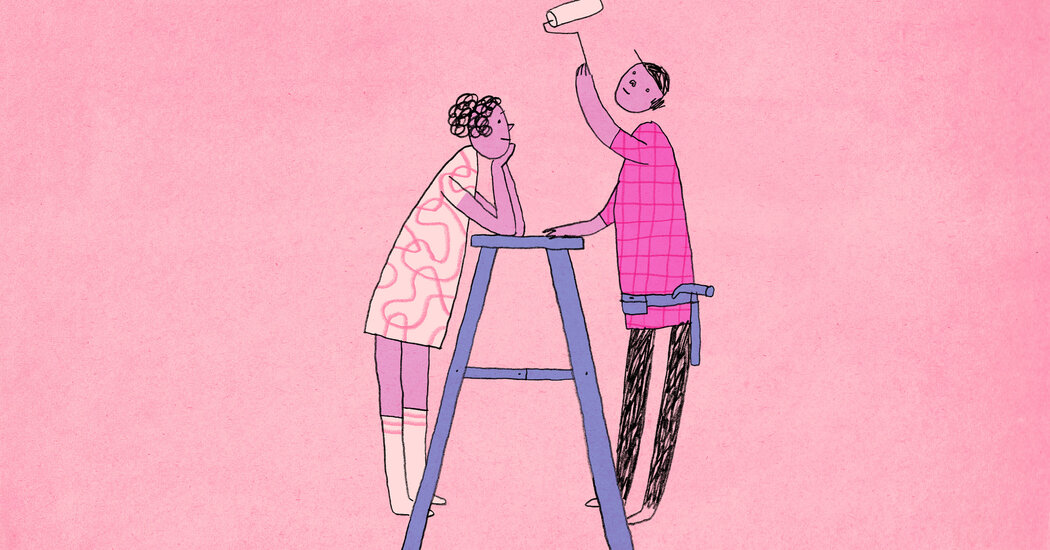
In April, I published an essay in Madison Magazine about a meet-up where I asked my date, who was my age, 62, how online dating was going for him. Right to my face, with an open smile, he said that for someone so successful and fit (as he apparently saw himself), he was surprised he wasn’t dating younger women.
Without saying a word, I stood up, gave him a quick smile and walked away. Later, of course, I realized there were all kinds of things I wished I had said. Mostly I wanted to point my finger and call him out as a stone-cold ageist. Which eventually I did by writing that essay.
After it was published, I learned that people on social media had big feelings about love and dating after a certain age. It was thrilling to feel like I had tapped into something, a moment in culture, but it was also disappointing to see how many of the reactions were from people who were worried that I had not found my person. There was a tone of sad-eyed, head-tilted-to-the-side, “Don’t give up hope!” — as if I were battling a disease called singledom instead of a cultural disdain for women over 40.
One reader suggested my “picker” was broken and reminded me that I can’t have everything in one person. Another said I would find my partner as soon as I stopped looking.
“Your soul mate is out there,” one woman wrote. “I just know it.”
Didn’t they see that I was complaining about sexist ageism, not the fact that I wasn’t partnered?
While my phone chirped loudly and often with messages from friends and strangers as I tried to keep up with comments and interactions, my longtime friend, Jim, a carpenter, was in my house building out a closet meant for a generation of people who had only two shirts. Occasionally, he would call out, and I would run upstairs to help balance a shelf while he secured it into place.






